Redesigning School Accountability and Support: Progress in Pioneering States
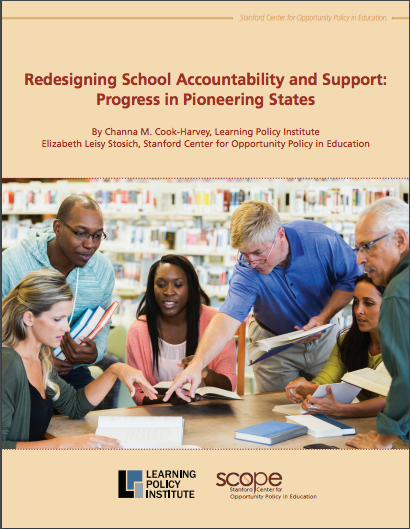
In a report presented by the Learning Policy Institute and the Stanford Center for Opportunity Policy in Education (SCOPE), “Redesigning School Accountability and Support: Progress in Pioneering States” examines the variety of ways these 10 states – including New Hampshire and Vermont – have tackled the challenge of redesigning their accountability systems to create educational… Read More ›
UDL in ESSA
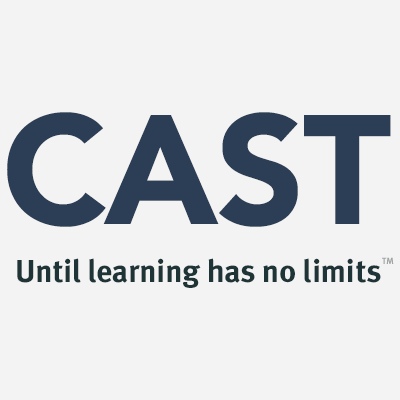
With the new Every Student Succeeds Act, federal K-12 education law now defines and endorses Universal Design for Learning (UDL) as a scientifically-based approach for personalizing learning. What does ESSA say about UDL? What are the implications for education practitioners and researchers? Join CAST for a presentation and discussion. The webinar will be held May… Read More ›
School Superintendents Association Calls for Shift to Personalized Learning in Public Policy Agenda

This article elucidates the public policy unveiled by the Connecticut Association of Public School Superintendents for 2016, reflecting its vision of schools that teach students to demonstrate mastery and receive more funding from the state. The organization identified three themes to advocate in 2016: equity, excellence, and innovation, with an emphasis on seeing a shift… Read More ›
Promising State Policies for Personalized Learning
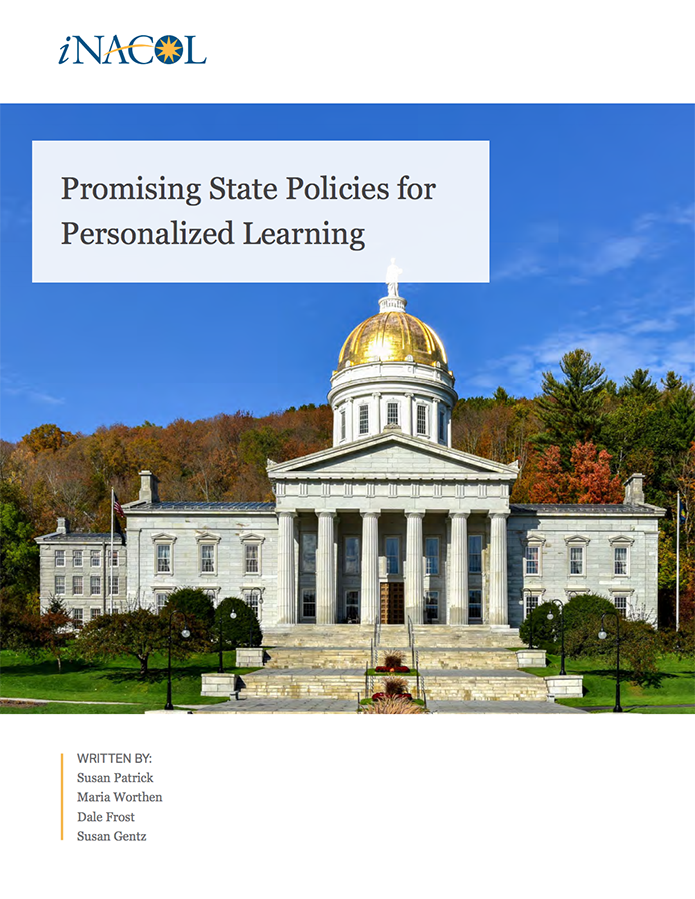
This report from The iNACOL Center for Policy Advocacy provides state policymakers with an overview of the policies that support student-centered personalized learning. As schools and districts look to grow student-centered initiatives, they may encounter policy barriers such as seat-time restrictions, graduation requirements, licensure requirements, funding rules, curriculum policies, and assessment and accountability requirements. The… Read More ›
Deeper Learning Under ESSA: Seven Priorities

This post originally appeared on Education Week’s Learning Deeply blog on behalf of Jobs for the Future. Authored by Rafael Heller, principal policy analyst for Jobs for the Future. Ask three policy wonks what they think of the Every Student Succeeds Act (ESSA), and you’ll likely get four or five answers. At recent meetings and… Read More ›
The College and Career Readiness of U.S. High School Graduates

This report, one of the annual 50-state reports on each state’s adoption of college- and career-ready (CCR) policies as reflected in state standards, graduation requirements, assessments, and accountability systems. Having the right policies is necessary to ensure that students graduate academically prepared for college and careers, but policy alone is insufficient– implementation of policy matters. So… Read More ›
Preliminary Implications of Maine’s Proficiency-based Diploma Program
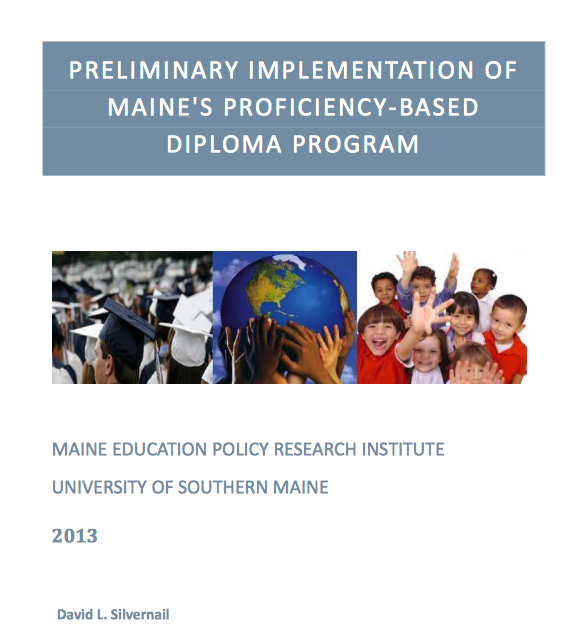
This report was written by the Maine Education Policy Research Institute at the request of the state legislature. The post’s author also provides his commentary and conclusions upon reading the report. Source Organization: KnowledgeWorks Visit the Resource
New England Secondary School Consortium
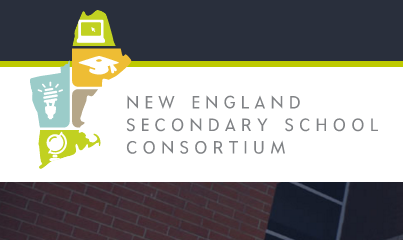
This organization, the New England Secondary School Consortium (NESSC), is a regional partnership that promotes innovations in the design and delivery of secondary education across New England. Five states—Connecticut, Maine, New Hampshire, Rhode Island, and Vermont—come together to promote equity and opportunity for all students. NESSC is coordinated by the Great Schools Partnership. The organization… Read More ›
Coalition of Essential Schools
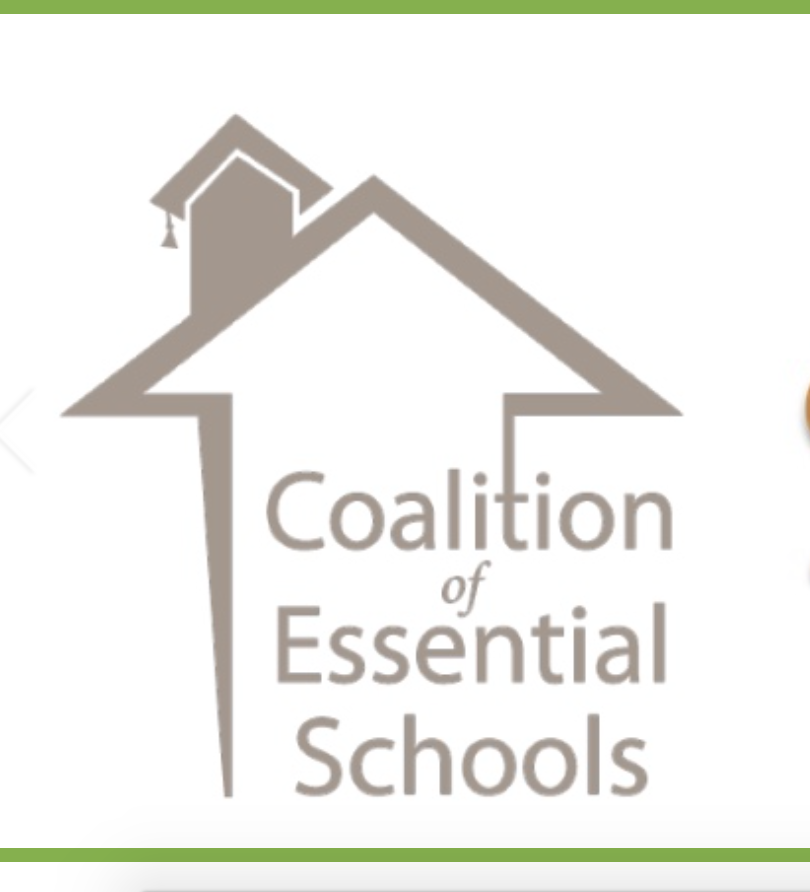
This organization is a diverse network of schools committed to creating and sustaining personalized, equitable, and intellectually challenging schools. Coalition of Essential Schools (CES) provides opportunities for professional development and networking amongst member schools. CES Affiliate Centers provide technical assistance to schools committed to the CES vision. CES also advocates for local, state, and national conditions… Read More ›
The New Opportunity to Lead: A Vision for Education in Massachusetts in the Next 20 Years
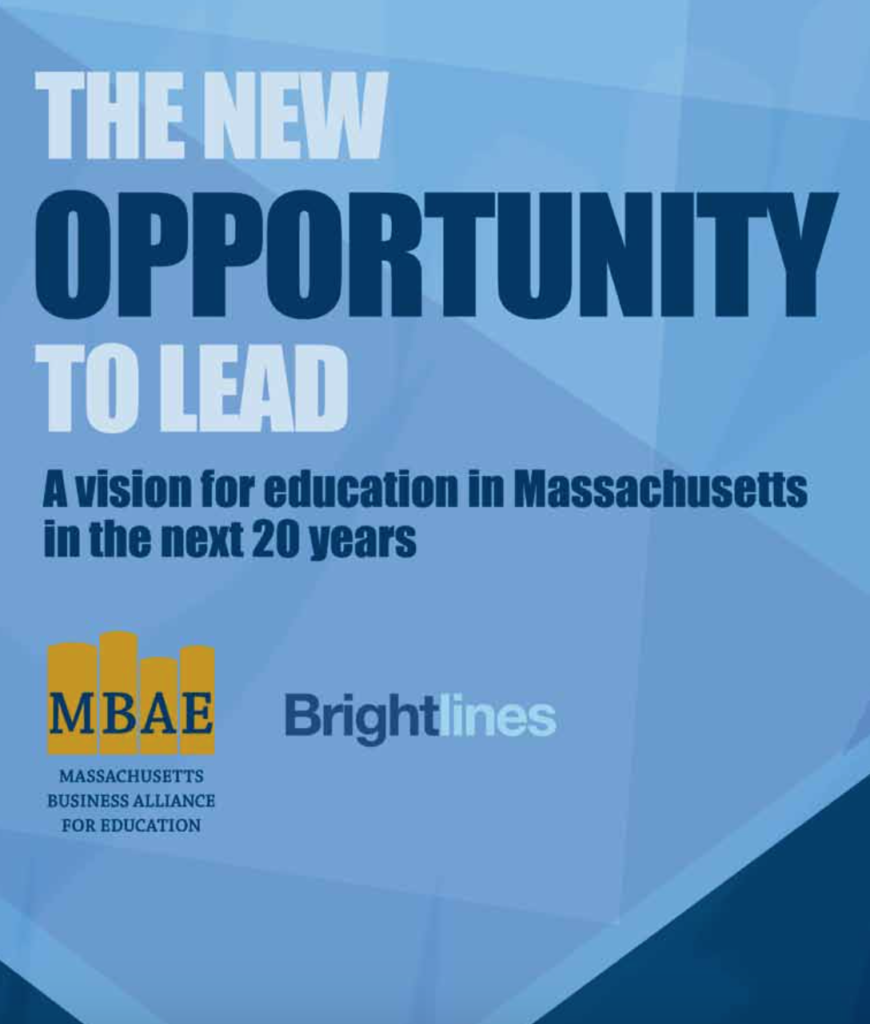
This report, commissioned by the Massachusetts Business Alliance for Education, is a call to revamp the education system in Massachusetts in order to lead the world in preparing students for the demands of the 21st century. The report calls for an approach that focuses less on compliance to state mandates to one that creates conditions… Read More ›
ConnectED: Learning Powered by Technology

This website outlines former President Obama’s 5-year effort called ConnectED, with the goal of providing high-speed broadband and wireless to 99 percent of students and improving the skills of teachers—providing every educator in America with support and training to integrate technology into classroom lessons. Preparing America’s students with the skills they need to get good jobs… Read More ›
Innovations in Developmental Education Redesign
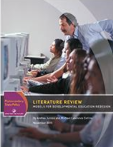
This case study series documents the various approaches that eight Florida colleges have taken in responding to SB 1720. It highlights the decisions and processes colleges consider when implementing developmental education reform at scale, and captures lessons learned throughout the implementation process. The series is based on interviews and site visits Jobs for the Future… Read More ›